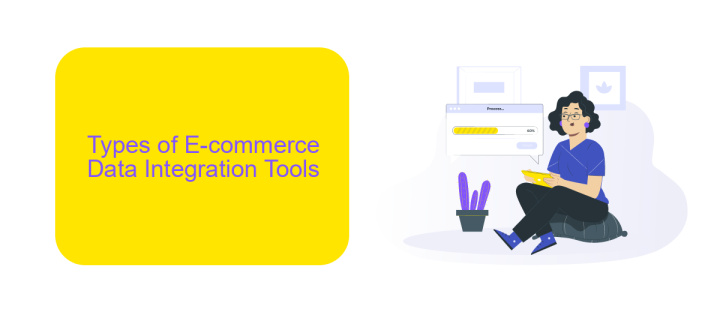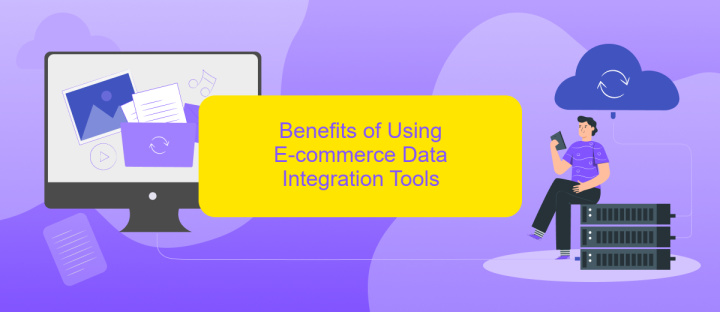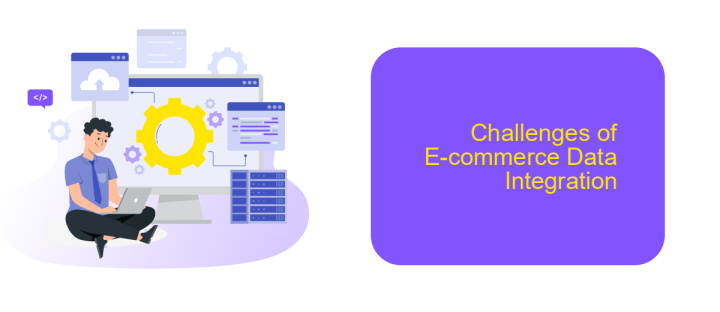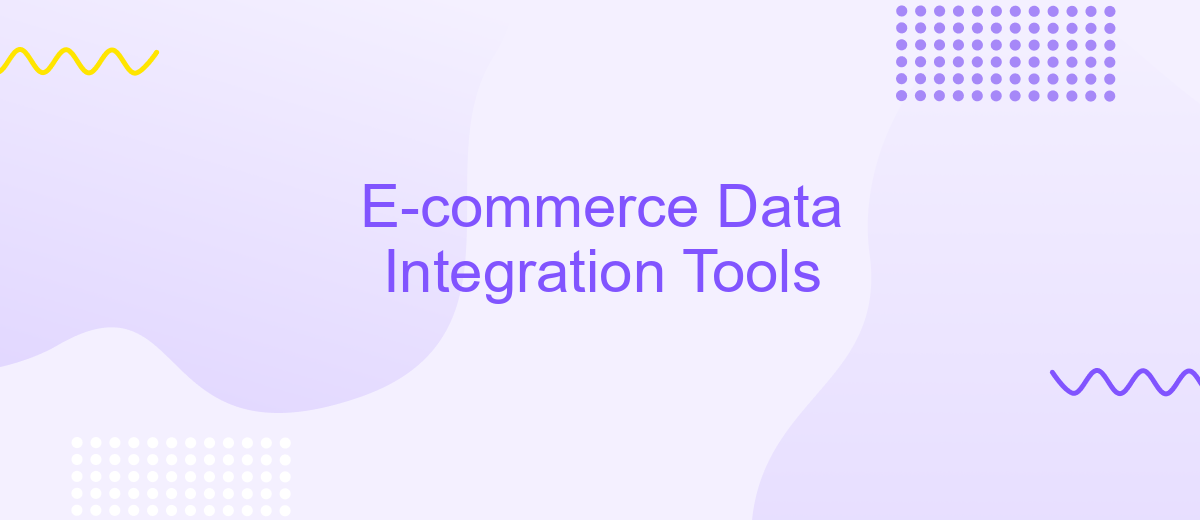E-commerce Data Integration Tools
In the rapidly evolving world of online retail, e-commerce data integration tools have become indispensable for businesses seeking to streamline operations and enhance customer experiences. These tools facilitate seamless data flow between various platforms, ensuring accurate inventory management, efficient order processing, and insightful analytics. This article explores the top e-commerce data integration tools that can help businesses stay competitive in a dynamic market.
Introduction
In the rapidly evolving world of e-commerce, integrating various data sources has become a critical component for business success. E-commerce data integration tools enable businesses to streamline their operations, enhance customer experiences, and make data-driven decisions. These tools are essential for managing large volumes of data from multiple platforms and ensuring seamless data flow across different systems.
- Automated data synchronization
- Real-time data updates
- Centralized data management
- Enhanced data accuracy
- Improved decision-making capabilities
One such tool that stands out in the market is ApiX-Drive, which offers a user-friendly interface for setting up integrations without requiring extensive technical knowledge. ApiX-Drive supports a wide range of e-commerce platforms and applications, making it a versatile solution for businesses of all sizes. By leveraging tools like ApiX-Drive, companies can ensure their data is always up-to-date and accessible, ultimately driving better business outcomes.
Types of E-commerce Data Integration Tools

There are several types of e-commerce data integration tools designed to streamline and automate the process of data synchronization between various platforms. One of the most common types is API-based tools, which allow for seamless connectivity between different systems through Application Programming Interfaces. These tools enable real-time data exchange and are highly customizable to fit specific business needs. Another type is middleware solutions, which act as an intermediary layer to facilitate data flow between disparate systems without requiring direct API integration.
Additionally, there are specialized integration platforms like ApiX-Drive that offer user-friendly interfaces and pre-built connectors for popular e-commerce platforms, CRMs, and other business applications. These platforms simplify the setup process, making it possible for users without technical expertise to configure integrations quickly. Cloud-based integration tools are also popular, providing scalable and flexible solutions that can adapt to growing business demands. Each type of tool offers unique benefits, and the choice depends on the specific requirements and technical capabilities of the business.
Benefits of Using E-commerce Data Integration Tools

E-commerce data integration tools offer numerous advantages for online businesses looking to streamline their operations and enhance their performance. These tools help in automating data transfer between various platforms, reducing manual effort and minimizing errors.
- Improved Efficiency: By automating data flows, businesses can save time and focus on strategic tasks rather than manual data entry.
- Data Accuracy: Integration tools ensure that data is consistently and accurately transferred between systems, reducing the risk of errors.
- Real-time Updates: Businesses can make informed decisions with real-time data synchronization, keeping inventory, orders, and customer information up-to-date.
- Cost Savings: Reducing manual labor and minimizing errors can lead to significant cost savings over time.
- Scalability: Tools like ApiX-Drive allow businesses to easily scale their operations by integrating new platforms as they grow.
Using services like ApiX-Drive can simplify the process of setting up and managing integrations, providing an intuitive interface and robust support for various e-commerce platforms. This enables businesses to focus on growth and customer satisfaction, knowing that their data integration needs are efficiently managed.
Challenges of E-commerce Data Integration

Integrating data in e-commerce platforms is fraught with numerous challenges. One of the primary issues is the inconsistency of data formats across different systems. When data is pulled from various sources, discrepancies in formats can lead to errors and inefficiencies.
Another significant challenge is the sheer volume of data that needs to be processed. E-commerce platforms generate vast amounts of data daily, and managing this data effectively requires robust tools and strategies. Without proper handling, crucial insights might be lost in the noise.
- Data format inconsistencies
- High volume of data
- Real-time data synchronization
- Security and compliance issues
To address these challenges, businesses often turn to specialized tools like ApiX-Drive. This service simplifies the integration process by providing a user-friendly interface and automated workflows. By leveraging such tools, companies can ensure seamless data integration, enabling them to focus on core business activities rather than technical hurdles.
Best Practices for E-commerce Data Integration
Effective e-commerce data integration starts with choosing the right tools that ensure seamless data flow between different platforms. Prioritize tools that offer robust APIs and pre-built connectors to reduce manual work and potential errors. ApiX-Drive, for instance, provides a versatile solution for integrating various e-commerce platforms, CRMs, and marketing tools, making it easier to automate data transfers and maintain data consistency across systems.
Another best practice is to maintain data quality by implementing regular data validation and cleaning processes. This ensures that the integrated data remains accurate and reliable, which is crucial for making informed business decisions. Additionally, setting up real-time synchronization can help keep your data up-to-date, preventing discrepancies and enhancing operational efficiency. Regularly monitoring and auditing your integration workflows will also help identify and resolve issues promptly, ensuring smooth and uninterrupted data exchanges.
FAQ
What are E-commerce Data Integration Tools?
Why is data integration important for e-commerce businesses?
What are the common features of E-commerce Data Integration Tools?
How can I automate data integration for my e-commerce business?
What are the benefits of using a tool like ApiX-Drive for data integration?
Time is the most valuable resource for business today. Almost half of it is wasted on routine tasks. Your employees are constantly forced to perform monotonous tasks that are difficult to classify as important and specialized. You can leave everything as it is by hiring additional employees, or you can automate most of the business processes using the ApiX-Drive online connector to get rid of unnecessary time and money expenses once and for all. The choice is yours!

